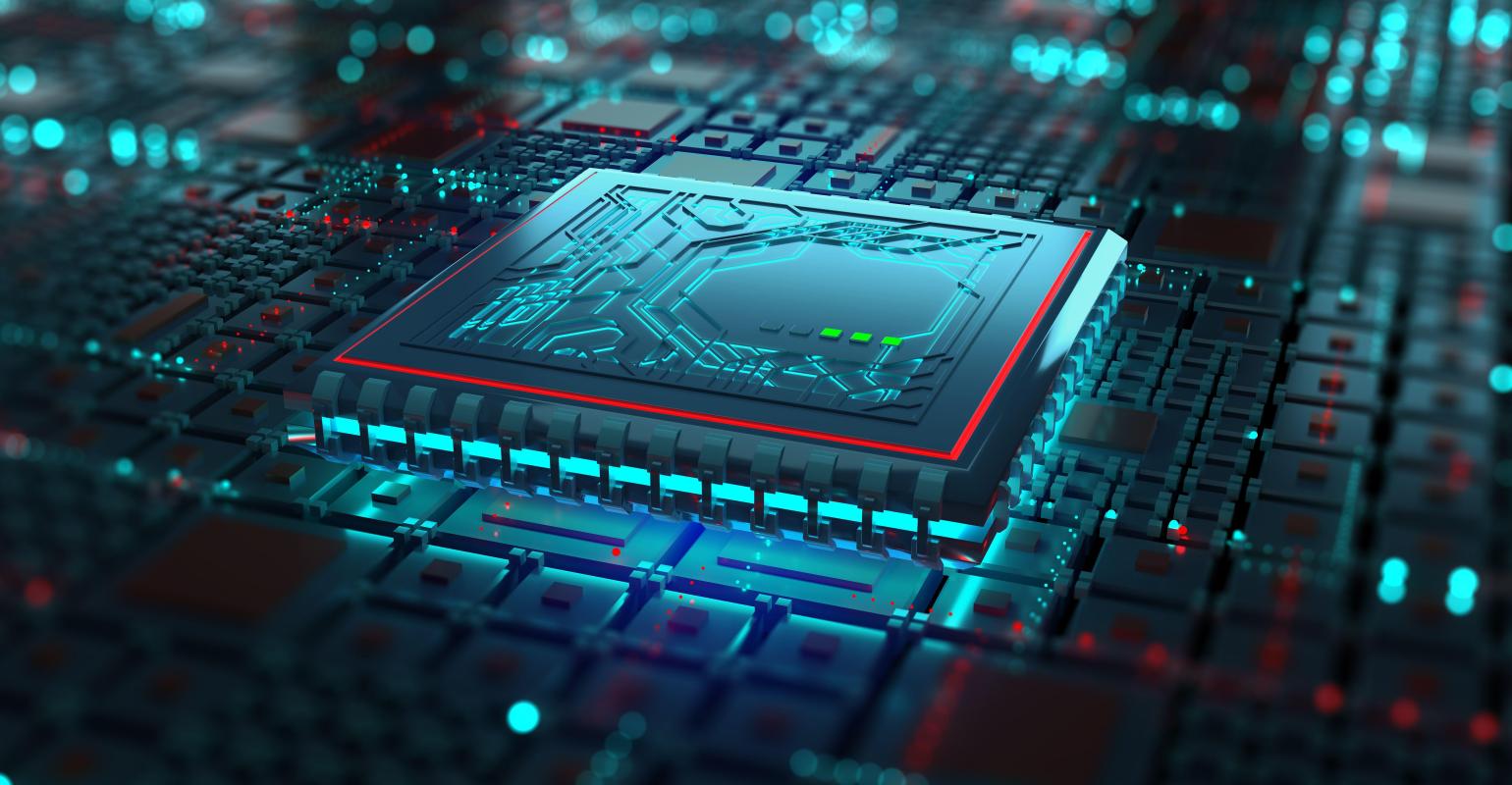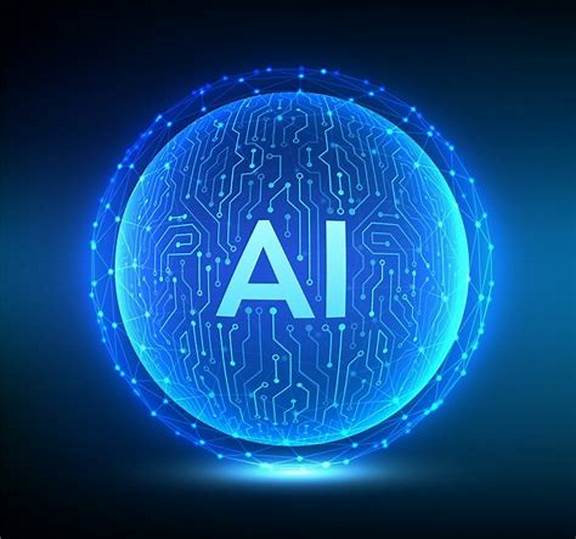
AI-Driven Websites
By David Gawler, Digital Marketing Expert
In the rapidly evolving digital landscape, artificial intelligence (AI) has emerged as a transformative force, reshaping how websites are designed, developed, and operated. AI-driven websites leverage advanced technologies to provide personalized experiences, improve functionality, and enhance user engagement. As a digital marketing expert, I have observed firsthand the profound impact of AI on web development and the myriad opportunities it presents for businesses and consumers alike. This article delves into the core aspects of AI-driven websites, their benefits, key technologies, and future trends.
### The Rise of AI in Web Development
AI’s integration into web development has been a gradual yet impactful process. Initially, AI was used to enhance specific functionalities such as search algorithms and recommendation systems. Today, AI permeates nearly every aspect of web development, from user interface design to backend processes. The following sections explore the primary areas where AI is making significant strides.
### Personalized User Experiences
Personalization is at the heart of AI-driven websites. AI algorithms analyze user behavior, preferences, and interactions to deliver tailored content and recommendations. This level of personalization enhances user engagement and increases conversion rates. Key AI technologies enabling personalization include:
#### 1. **Machine Learning (ML) Algorithms**
Machine learning algorithms analyze vast amounts of data to identify patterns and predict user behavior. These insights are used to customize content, product recommendations, and even the layout of web pages. For example, e-commerce websites like Amazon and Netflix use ML to suggest products and movies based on past purchases and viewing history.
#### 2. **Natural Language Processing (NLP)**
NLP enables websites to understand and respond to user queries in a conversational manner. Chatbots and virtual assistants powered by NLP provide real-time support, answer questions, and guide users through the site. This technology is particularly useful in customer service and support scenarios.
### Improved User Interaction
AI enhances user interaction through advanced features that make websites more intuitive and engaging. Some notable AI-driven interaction improvements include:
#### 1. **Chatbots and Virtual Assistants**
Chatbots are becoming increasingly sophisticated, capable of handling complex queries and providing personalized responses. These AI-driven tools are available 24/7, improving customer service and reducing the need for human intervention. Virtual assistants like Siri, Google Assistant, and Amazon Alexa integrate with websites to offer voice-activated interaction, making navigation more seamless.
#### 2. **Voice Search Optimization**
With the growing popularity of voice-activated devices, optimizing websites for voice search is crucial. AI helps in understanding natural language and context, enabling more accurate and relevant search results. This trend is particularly important for local businesses, as users often perform voice searches for nearby services and products.
### Enhanced Security and Fraud Detection
AI plays a vital role in improving website security and detecting fraudulent activities. By analyzing patterns and identifying anomalies, AI systems can preemptively address security threats and protect sensitive data.
#### 1. **Behavioral Analysis**
AI-driven security systems monitor user behavior to detect unusual activities that may indicate a security breach. For instance, if a user suddenly attempts to access restricted areas of a website or performs actions that deviate from their usual behavior, the system can flag and block the activity.
#### 2. **Fraud Detection**
E-commerce websites benefit significantly from AI’s ability to detect and prevent fraud. Machine learning models analyze transaction data to identify fraudulent patterns, such as multiple transactions from different locations within a short period. These systems can automatically block suspicious transactions, reducing the risk of financial loss.
### Streamlined Development and Maintenance
AI simplifies the web development process, making it more efficient and cost-effective. From design to maintenance, AI-driven tools assist developers in various stages of website creation.
#### 1. **AI-Powered Design Tools**
AI tools like Adobe Sensei and Sketch’s ML-powered plugins assist designers by automating repetitive tasks, suggesting design elements, and even generating entire layouts based on user input. This accelerates the design process and ensures a high level of creativity and innovation.
#### 2. **Automated Testing and Debugging**
AI-driven testing tools, such as Selenium and Testim, automate the process of testing websites for bugs and performance issues. These tools can run multiple tests simultaneously, identify errors, and even suggest fixes, significantly reducing the time and effort required for quality assurance.
#### 3. **Predictive Maintenance**
AI systems monitor website performance and predict potential issues before they escalate. By analyzing data on server loads, user traffic, and error logs, AI can forecast when maintenance is needed, preventing downtime and ensuring a smooth user experience.
### Key Technologies Behind AI-Driven Websites
Several key technologies underpin the development and functionality of AI-driven websites. Understanding these technologies is crucial for leveraging AI effectively.
#### 1. **Machine Learning (ML)**
Machine learning is the backbone of AI-driven websites. It involves training algorithms on large datasets to make predictions and decisions. ML is used for personalization, recommendation systems, fraud detection, and more.
#### 2. **Natural Language Processing (NLP)**
NLP allows machines to understand and interpret human language. It is essential for chatbots, virtual assistants, and voice search optimization, enabling more natural and intuitive user interactions.
#### 3. **Computer Vision**
Computer vision enables websites to process and analyze visual content. This technology is used in applications such as image recognition, augmented reality (AR), and content moderation. E-commerce sites use computer vision to allow users to search for products using images, enhancing the shopping experience.
#### 4. **Predictive Analytics**
Predictive analytics uses historical data to forecast future events. This technology is used in marketing automation, sales forecasting, and user behavior analysis. By predicting user actions, websites can proactively offer relevant content and deals.
#### 5. **Deep Learning**
A subset of machine learning, deep learning involves neural networks with many layers that can analyze complex data. Deep learning is used in image and speech recognition, natural language understanding, and autonomous decision-making processes.
### Future Trends in AI-Driven Websites
As AI continues to advance, several trends are likely to shape the future of AI-driven websites. These trends reflect ongoing innovations and the increasing capabilities of AI technologies.
#### 1. **Hyper-Personalization**
In the future, websites will offer even more granular levels of personalization. AI will analyze not only user behavior on the website but also external data sources, such as social media activity and real-time location, to deliver highly customized experiences. This hyper-personalization will enhance user engagement and loyalty.
#### 2. **Conversational Commerce**
Conversational commerce, driven by AI-powered chatbots and virtual assistants, will become a standard feature of e-commerce websites. These tools will handle entire transactions, from product recommendations to payment processing, through natural language conversations, making online shopping more intuitive and efficient.
#### 3. **Augmented Reality (AR) and Virtual Reality (VR) Integration**
AI will enhance AR and VR technologies, providing immersive experiences on websites. E-commerce sites will offer virtual try-ons for clothing and accessories, while real estate websites will provide virtual tours of properties. These immersive experiences will bridge the gap between online and offline interactions.
#### 4. **Autonomous Website Maintenance**
AI will take over many aspects of website maintenance, from updating content to optimizing performance. Autonomous systems will monitor website health, apply patches, and even redesign elements based on user interaction data, ensuring websites remain up-to-date and secure with minimal human intervention.
#### 5. **Ethical AI and Transparency**
As AI becomes more integral to websites, there will be a growing focus on ethical AI practices and transparency. Websites will need to ensure their AI systems are fair, unbiased, and transparent about how user data is collected and used. This trend will be driven by regulatory requirements and user demand for privacy and ethical practices.
### Conclusion
AI-driven websites represent the future of the digital experience, offering unparalleled levels of personalization, interactivity, and efficiency. By leveraging advanced AI technologies, businesses can create more engaging and secure websites that meet the evolving needs of their users. As a digital marketing expert, I believe that staying ahead of AI trends and embracing these innovations is crucial for success in the digital age. By understanding and implementing AI-driven solutions, businesses can enhance their online presence, improve user satisfaction, and achieve their strategic goals.
